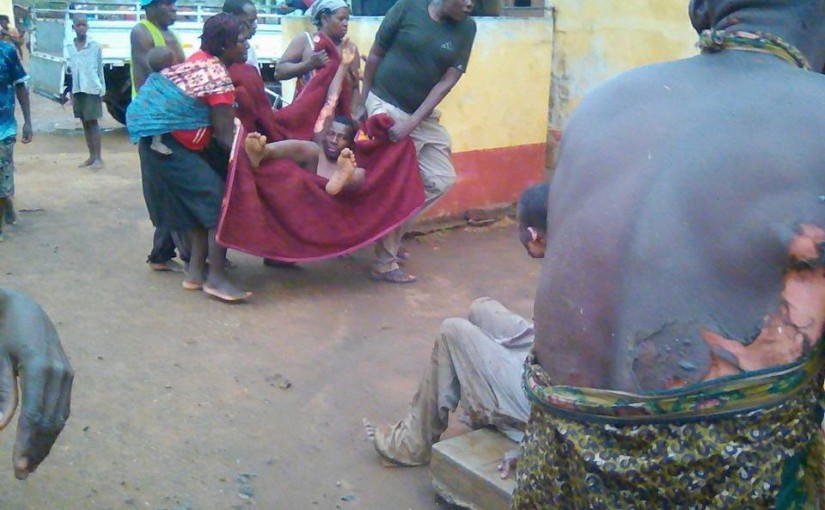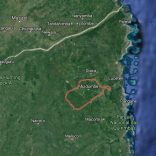Mozambique: Two killed by terrorists in Muidumbe district - AIM report
Tete: A province under the sign of tragedy – Mozambique

Xinhua
The death of dozens of people in fuel tanker explosion is the latest tragedy to strike Tete, in central Mozambique, following a large-scale poisoning by a traditional drink and a refugee crisis.
According to Radio Mozambique, citing the provincial government, at least 73 people were killed on Thursday and more than 100 injured in Caphiridzange in Moatize district when a fuel tanker exploded.
According to a statement from the Council of Ministers, which reported 43 deaths before the public broadcaster upgraded the death toll, the cause was the truck heating up unduly before the fire, and the Radio Mozambique report indicated a lightning strike just as dozens of people were lining up for fuel.
Also according to the public radio report, the truck was diverted from its route by a long-distance driver from Malawi to Caphiridzange, where the tragedy occurred at 3:00 PM local time.
After a preliminary official assessment of 43 dead, the provincial authorities updated this number to the 73 cited by Radio Mozambique, while admitting that the death toll may yet rise with the possibility that victims of the disaster tried to run to a nearby river.
Tete province is no stranger to tragedy. In January of last year 75 people died after being poisoned by a traditional drink at a funeral. The deaths in Chitima, including the woman who made the drink, were caused by corn flour contaminated with Burkholderia gladioli.
After months of speculation, an American laboratory identified the presence of the bacterium – a micro organism responsible for the production of two potent toxins – in the maize meal used to make the traditional ‘phombe’ beverage. Two hundred and thirty-two survived the incident in the Cahora Bassa village headquarters.
The government decreed three days of national mourning, just before the inauguration of the new Mozambican president, Filipe Nyusi.
In July this year, the local government told Lusa that it was continuing to assist 120 orphaned children with food and educational materials, and had built two houses and completed two others to house children who had lost both parents.
Despite the tragedy, thousands of Chitima residents continued to produce, sell and consume ‘phombe’ at the time.
Tete province has also been one of the hardest hit by the political-military crisis between the government and the Mozambican National Resistance (Renamo) party, exacerbating the effects of the natural disasters that struck the first growing season of the year.
At the beginning of the year, nearly 12,000 people from Tete fled the conflict in the centre of the country for refugee camps in neighbouring Malawi, which reactivated a camp last used in the civil war which ended in 1992.
The existence of refugees in Malawi was initially denied by Mozambican authorities, as were allegations of abuses by the Defence and Security Forces in the rural communities of Tete, but the government eventually sent teams to the neighbouring country to try to create conditions for their return.













Leave a Reply
Be the First to Comment!
You must be logged in to post a comment.
You must be logged in to post a comment.